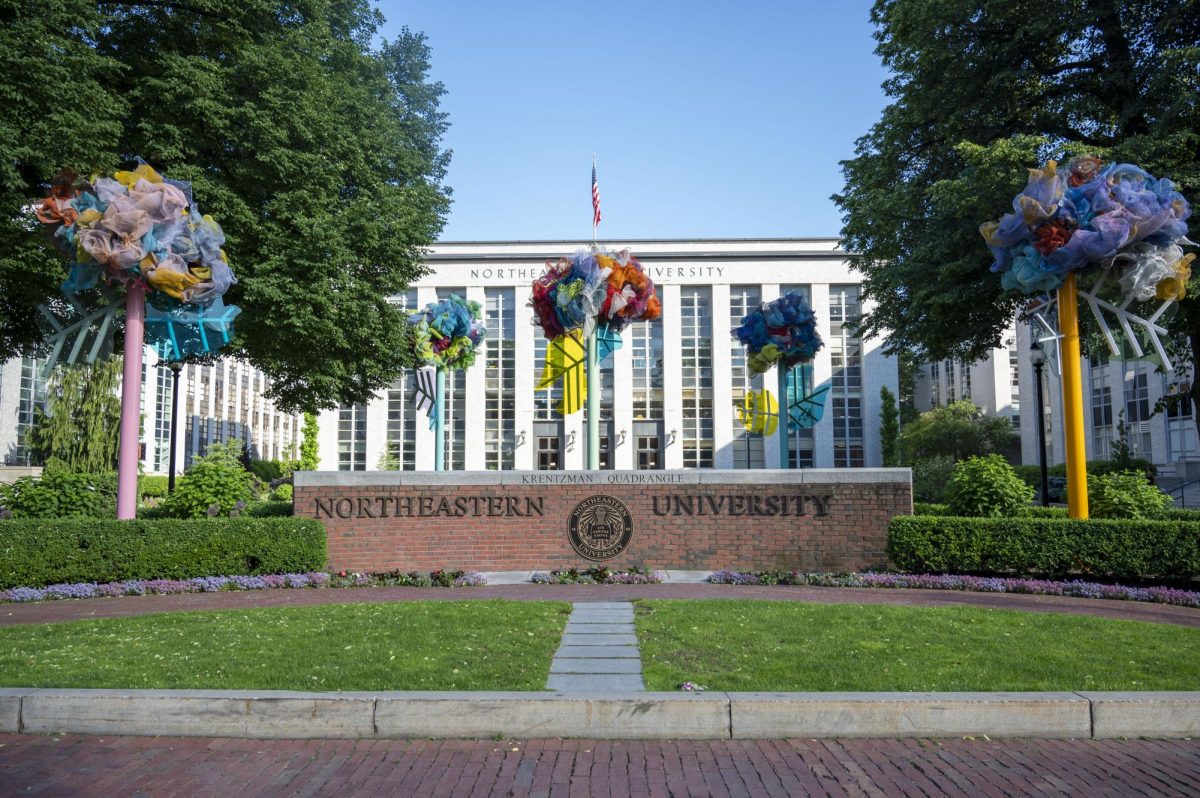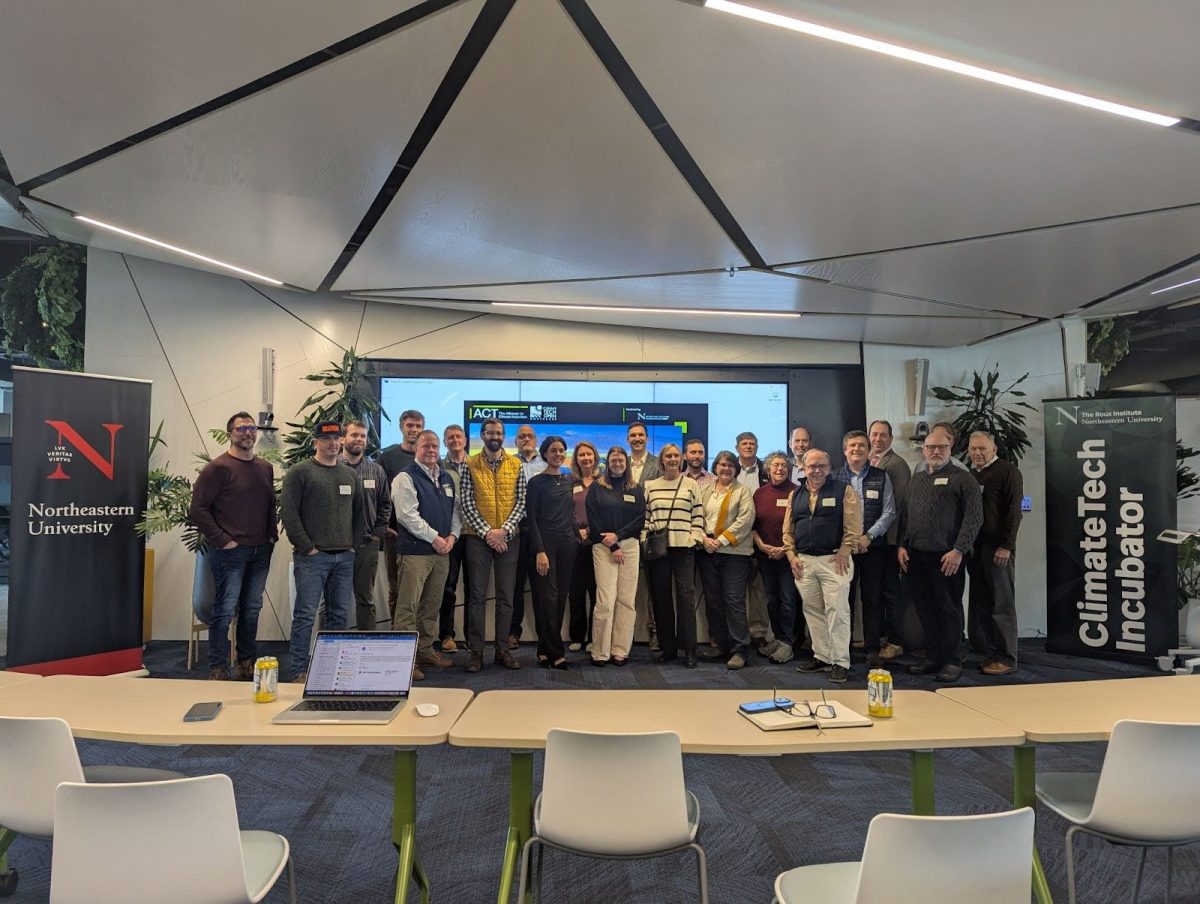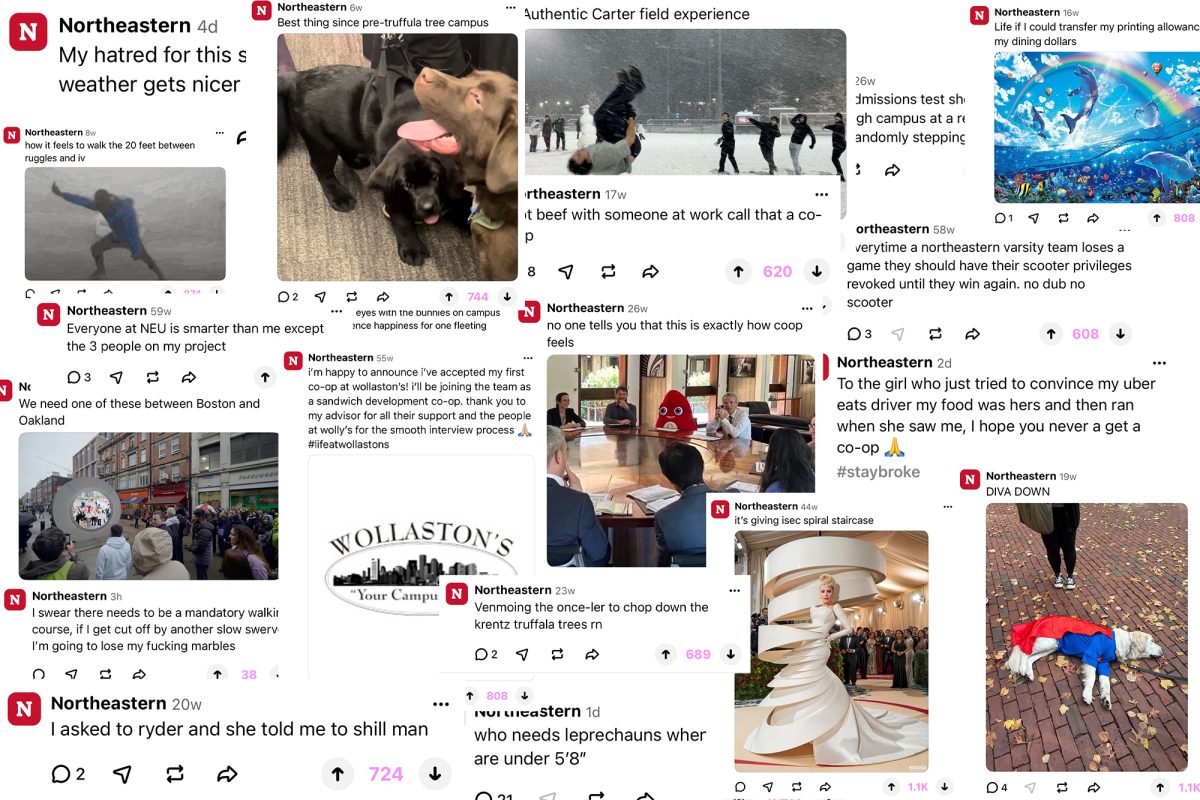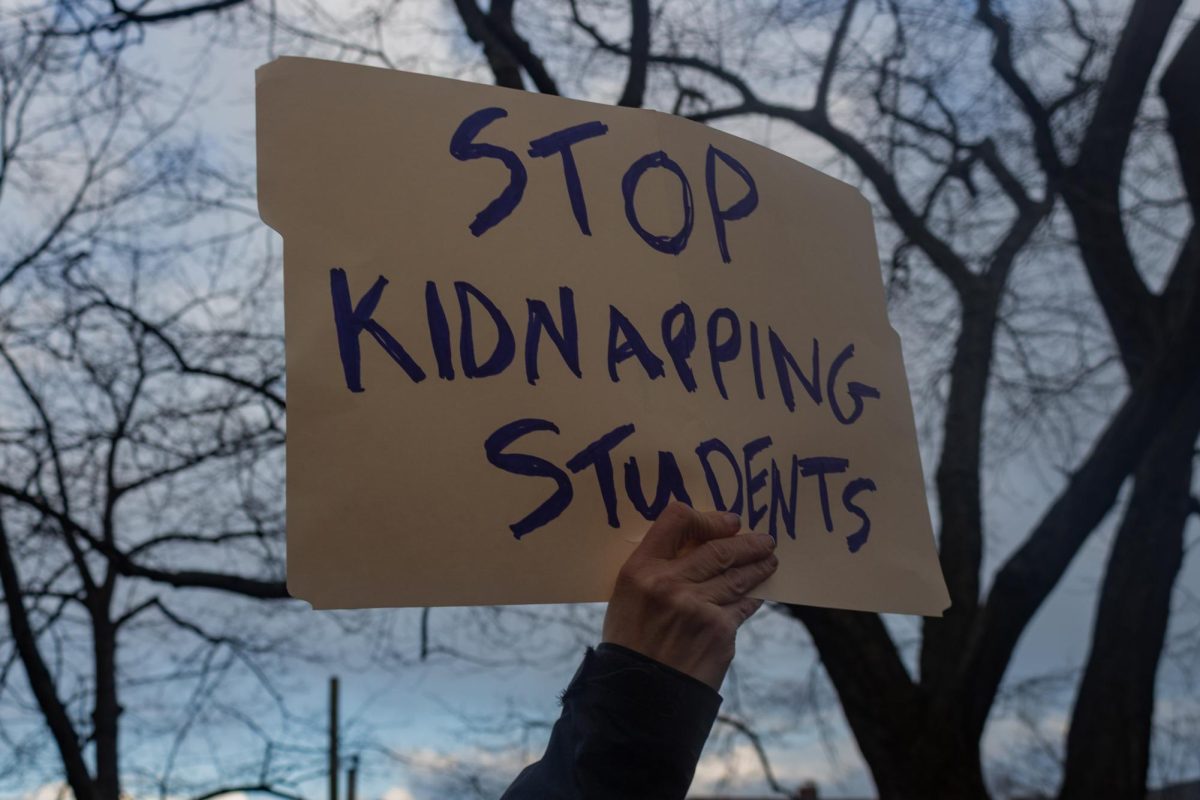By Nicole Haley
Academicians from various fields of study and locations throughout the world met at Northeastern last Thursday for the first of a three-day Practice-Oriented Education (POE) Conference to reinforce the importance of programs like co-op.
The conference was hosted by NU’s Center for Study in Practice-Oriented Education.
Throughout the three-day conference, several panel discussions and presentations focused on new approaches to combining workplace experience the classroom experience.
Brendan Bannister, coordinator of the conference and professor in NU’s College of Business Administration, said that the POE conference inspires a dialogue for “future action.”
“I hope that people will gain an excitement for further understanding of the importance of practice in learning,” Bannister said.
In an address titled “Learning in Practice: A Journey of the Self,” Entienne Wenger, co-author of “Situated Learning,” spoke about the importance of “peer to peer learning.”
“Learning is as much a social process as it is a cognitive process,” Wegner said. “Learning is embedded in practice.”
Wenger said there needs to be “a transformation of what it means to build knowledge.” In his address, he said every person has to rely on those who know more to achieve and add to one’s own understanding, and defined an expert as “a responsible representative of the knowledge of the community.”
According to Wenger, learning in school is too often seen as merely filling a curriculum and students are expected to learn only a little about multiple subjects at the same time. The demands of this schedule can discourage students from taking the time to develop an interest in one specific area.
Wenger suggested that teachers relate to students as equals by communicating knowledge on a more personal level and make it possible for students to relate to them.
“A teacher can open his identity as an educational invitation,” Wenger said.
The connection between learning in the professional world and learning in the classroom was further explored in the panel discussion “The Workplace and Learning from Experience.”
“You need to make a connection between thinking as a worker at work and thinking as a student at school,” professor David Thornton Moore of New York University’s Gallatin School of Individualized Study, said.
“You need to match what you teach in theory with what is learned in practical experience,” Antonio Flores, a professor at Zamorano College in Honduras, said.
NU Professor Rachel Zachariah said that work experience is an essential part of learning in the school of nursing. Zachariah said that NU realized being in the workplace is an important part of preparing studentsto enter their fields.
“In nursing it’s an integral part of our approach. Learning will not be complete without work experience and it’s not just providing the classroom experience and the work experience; it’s about bringing the two together,” Zachariah said.
“Northeastern made a choice by deciding to focus on outside connections,” said Chris Argyris, a former professor at Harvard Business School.
Argyris spoke about the difficulty of developing new approaches to teaching and learning and said that the majority of scholars who focus on the status quo are doing a disservice to students.
“[They] study it, reinforce it and then condemn people for being that way,” he said.
Argyris said NU’s goals do not emulate Ivy League institutions like Harvard and Yale, but rather fulfill its commitment to practice-oriented education by developing more unique approaches to learning.
“Your core objective should be this combination of learning in the classroom and learning in the world of action.”






![A sign reading "The People's Iftar for [Palestine]." Students held a gathering for iftar and marched down Forsyth Street March 25.](https://huntnewsnu.com/wp-content/uploads/2025/04/IftarProtest_ElizabethScholl_3-17-25_1-1200x800.jpg)

